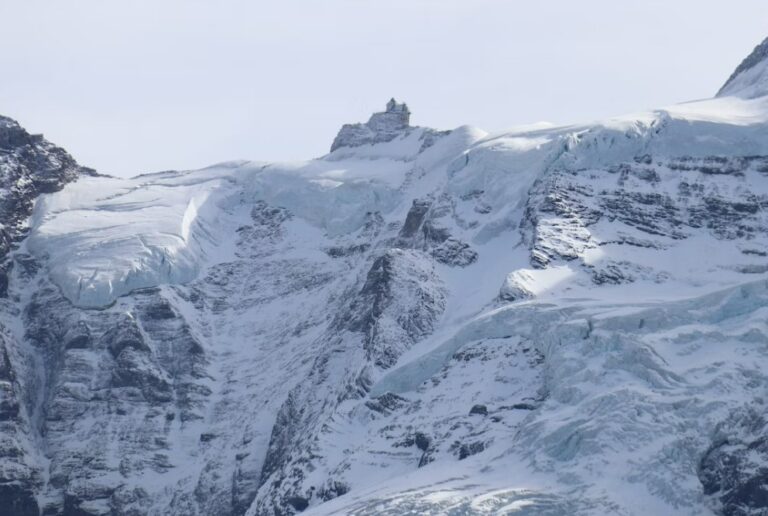In Switzerland, carbon neutrality was enshrined as law. On 18 June, a 59.1 per cent majority of voters approved the new climate law, which requires the country to achieve climate neutrality by 2050. This will be achieved through a gradual reduction in the use of fossil fuels and a rapid transition to renewable energy.
Table of Contents
Triumph of the ‘yes’ vote in the cantons, Geneva in the lead with 74.5% of the vote
According to SwissInfo, a majority of the cantons voted in favour of the new climate neutrality law. Geneva took first place with 74.5% of the votes in favour, followed by Basel-Stadt with 73.3%.
However, seven cantons rejected the law. Uri, Schwyz, Glarus, Obwalden, Nidwalden, Thurgau and Appenzell Innerrhoden. In particular, Schwyz was the canton that showed the most firmness in rejecting the bill, with 57.5% of the votes against.
In the Italian-speaking cantons of Ticino and parts of Graubünden, the ‘yes’ vote prevailed with 54.8% and 55.5% respectively.
New law aims for climate neutrality by 2050
The new law will make it binding to achieve climate neutrality. I.e. a net balance of greenhouse gas emissions of zero, by 2050. Emissions will be reduced, e.g. by replacing old electric or gas-fuelled heating systems, and for sectors that cannot do without emitting greenhouse gases, such as agriculture and waste incinerators, CO2 capture and storage technologies will be used.
The goal will be neutrality of greenhouse gas emissions by 2050. In essence, everything emitted into the atmosphere will have to be removed. There will also be support for companies that invest in innovative technologies to reduce emissions.
The climate law that Swiss citizens voted for was a counter-proposal to the so-called ‘Glacier Initiative’, which was launched years ago and proposed even more drastic measures in an attempt to halt the melting of glaciers linked to the climate crisis.
Switzerland faces accelerated melting of Alpine glaciers
A new study published in the specialist journal ‘Nature Communications’ in June 2020, conducted by researchers at the University of Erlangen-Nuremberg, has revealed a dramatic decrease in glaciers in the Alpine region.
Over the course of fourteen years, glaciers have lost approximately one sixth of their total volume. This represents a total of 22 cubic kilometres of ice lost between 2000 and 2014. This the equivalent to an ice sheet of more than half a metre covering the entire surface of Switzerland.
What makes this study particularly significant is that for the first time, researchers analysed not just individual glaciers or specific areas, but the entire Alpine region as a whole.
However, the study also revealed significant regional differences in ice loss. The situation is particularly alarming in Switzerland. Where the researchers found the greatest melting of glaciers in the Alps. The scientists warn that if climate change continues at this rate, only small traces of glaciers will remain in Switzerland in 100 years’ time.
Read also: Bhutan is the first carbon-negative country in the world
An alarm that cannot be ignored
According to new statistics for 2022, the loss of glacier ice has been devastating, with almost 3,000 million cubic metres of ice lost, corresponding to more than 6 per cent of the remaining volume. This retreat adds up to the worst episodes in the last hundred years. Together with those recorded in 2003 and 2011.
From the 1970s to 2003, the surface area of the glaciers shrank by a third, with the Morteratsch glacier holding the negative record. In the summer of 2003 alone, its tongue receded by as much as 76 metres.
Twenty thousand years ago, Switzerland was almost completely covered by ice, although global temperatures were only five degrees lower than today. Only 40 years ago, the Alpine glaciers were still advancing.
Read also: Cities Mission, the EU plan to make 100 of its cities climate neutral by 2030












